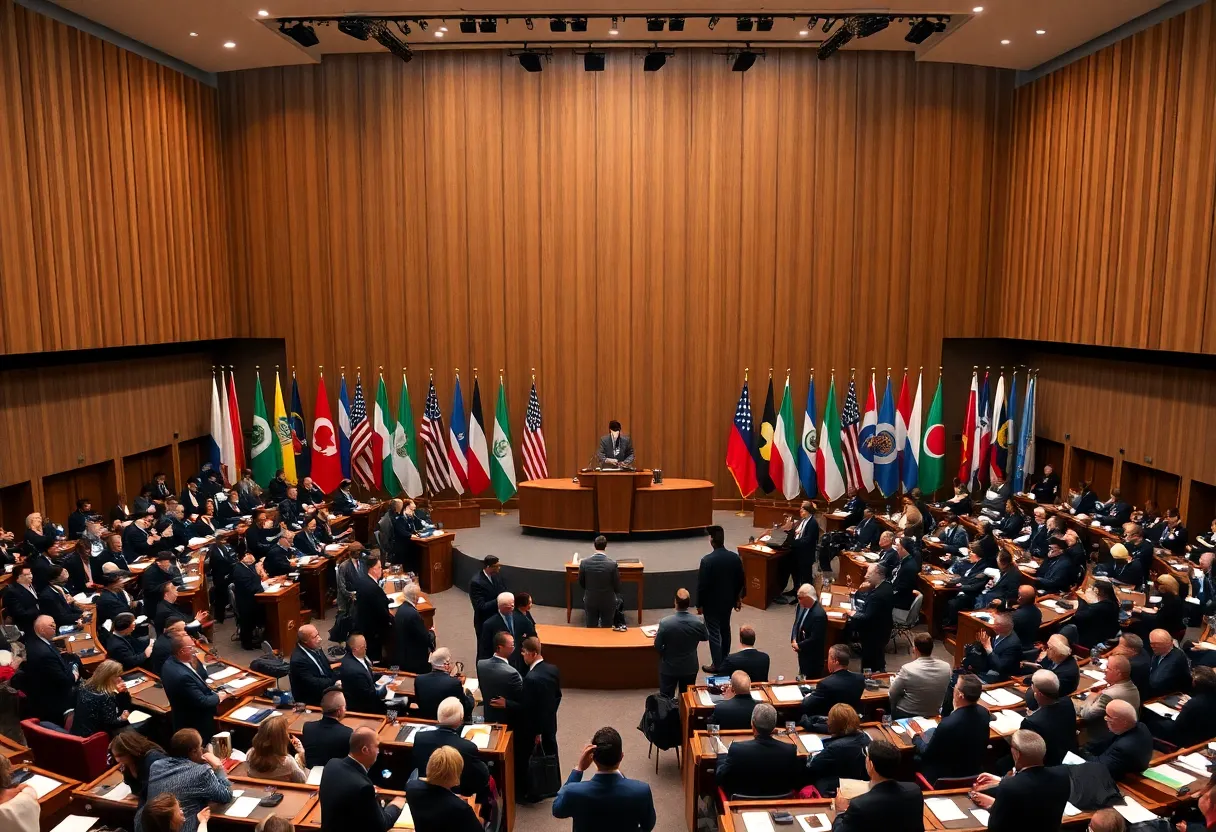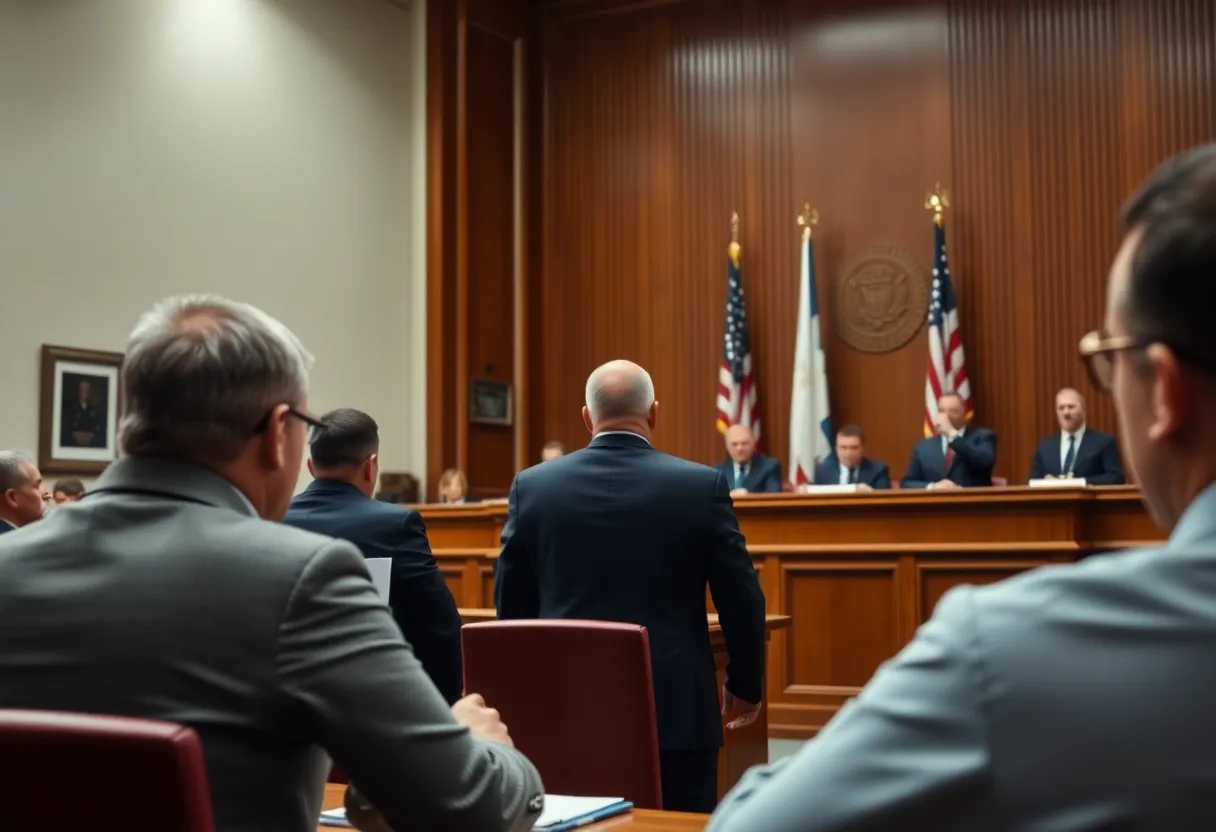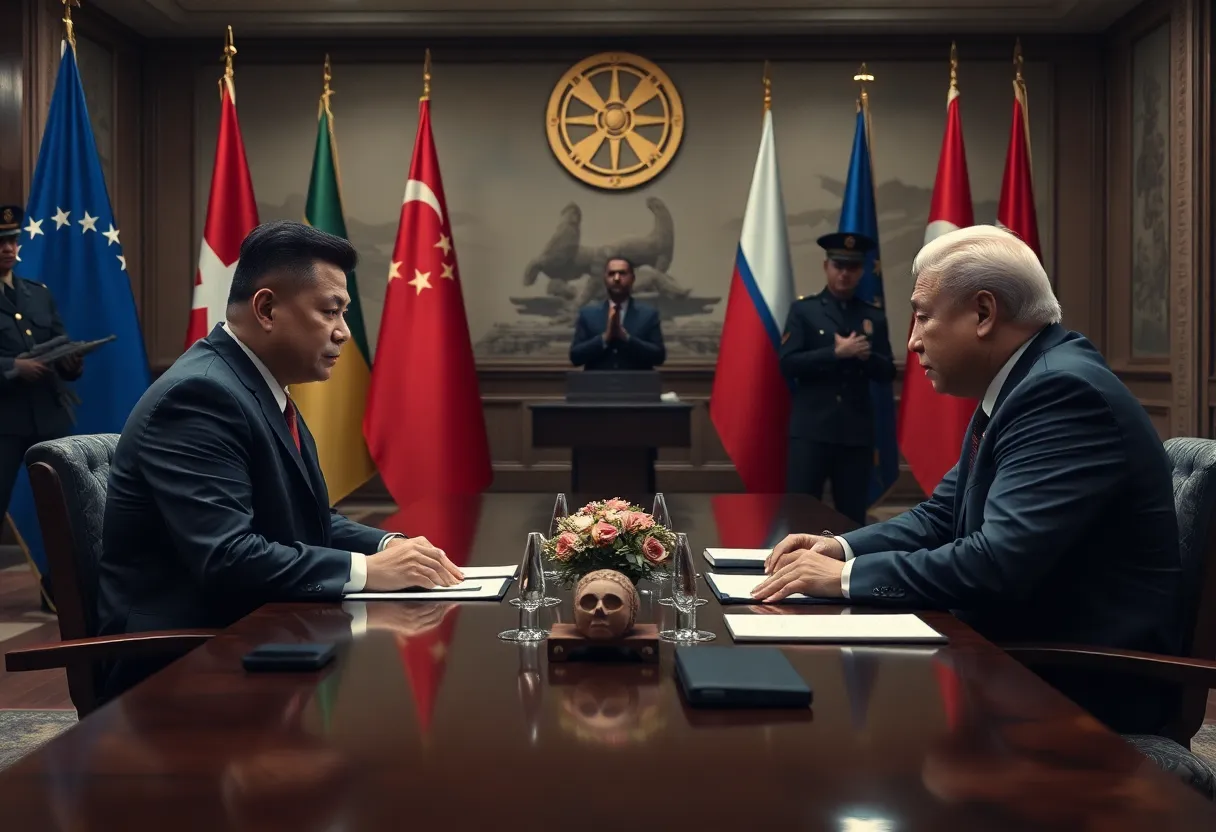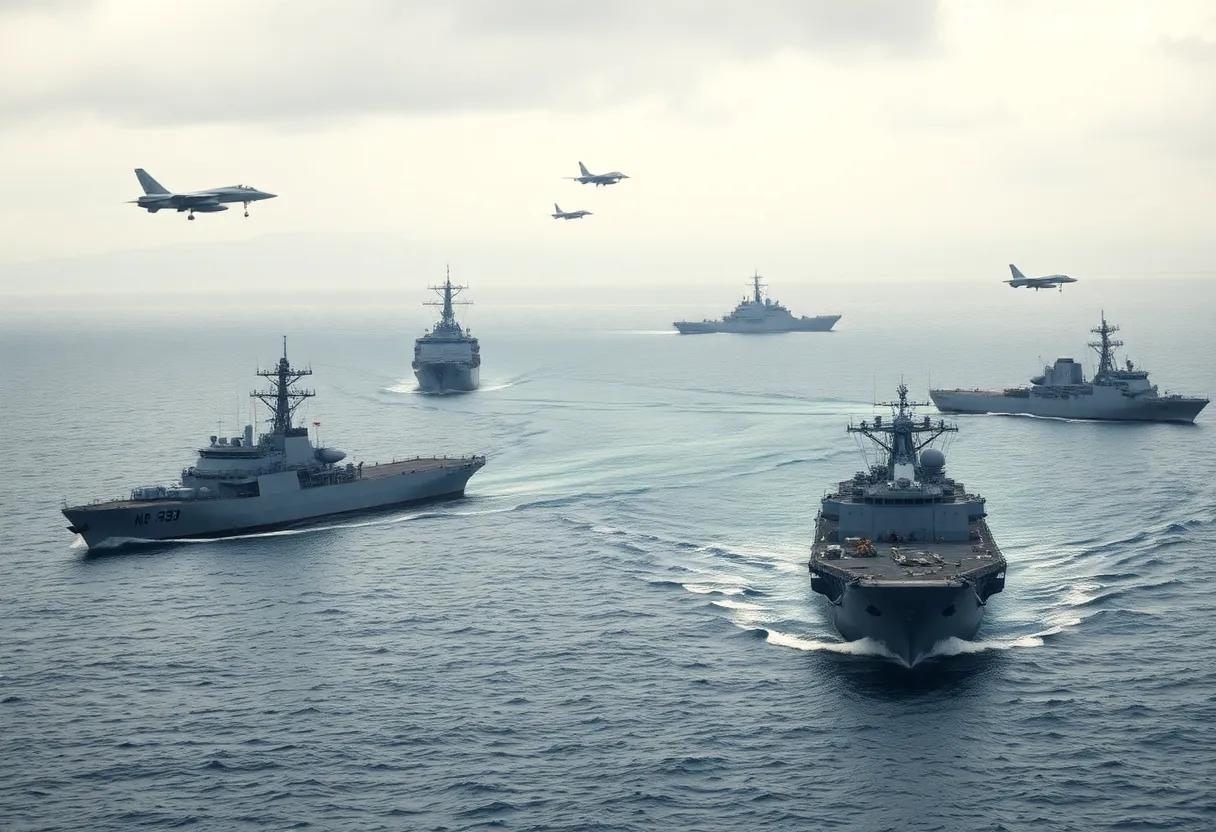News Summary
At the Munich Security Conference, US Vice President JD Vance caused controversy with his statements regarding European leaders and their handling of democracy and immigration. His choice to meet with right-wing politician Alice Weidel instead of German Chancellor Olaf Scholz raised eyebrows and prompted sharp critiques from several European officials. Vance’s remarks on immigration and democracy have ignited debates about the transatlantic relationship and the impact of US foreign policy on European politics as the region faces its own unique challenges.
JD Vance Ruffles Feathers at Munich Security Conference
The recent Munich Security Conference has stirred quite the pot, especially with remarks made by US Vice President JD Vance. Known for his strong opinions, Vance’s critique of European democracy and immigration has sparked considerable backlash from various European leaders, putting the spotlight on the already delicate transatlantic relationship.
Meeting Controversies
Vance’s visit to Munich had all the makings of a political whirlwind. Instead of meeting with German Chancellor Olaf Scholz, he opted for a controversial conversation with Alice Weidel, the leader of the right-wing Alternative for Germany (AfD). This choice didn’t sit well with many, especially as Scholz later expressed irritation over Vance’s assertions at the conference.
Democracy Under Fire?
During his speech, Vance wasn’t shy about expressing his views on European leaders, claiming they are undermining democracy and disregarding the concerns of their constituents. Such a broad statement drew sharp responses from Merkel’s administration, particularly from Scholz, who firmly rejected the characterization of democracy in Europe as weakening. Scholz emphasized the strength of Germany’s democratic system, describing it as having a solid “firewall” against extremist parties, taking care to reference history to back his claims.
Responses from German Officials
In a move that underlined the severity of Vance’s comments, German Defense Minister Boris Pistorius labeled the speech as “unacceptable.” He stood by the notion that Germany’s democracy thrives on allowing diverse opinions, but stressed that a loud minority, particularly extremist factions like the AfD, don’t represent the larger populace.
Concerns About US Foreign Policy
Adding another layer to the discourse, Friedrich Merz, a candidate for the upcoming German federal elections, expressed unease regarding the direction of US foreign policy and hinted at possible interference in Germany’s elections. This undercurrent of worry reveals the complex ties and influences that may shape each other’s political landscapes in the future.
All Eyes on Ukraine
The conference wasn’t limited to discussions about democracy and immigration; it also provided a stage for critical talks regarding the ongoing conflicts in Ukraine. Ukrainian President Volodymyr Zelenskyy was slated to address the conference, shedding light on the future of Ukraine amid tumultuous times. With issues like climate-induced migration also on the agenda, the stakes were high for all involved nations.
Different Perspectives on Immigration
Vance’s comments about immigration, particularly his belief that free speech is “in retreat” across Europe, faced stern criticism. European officials, including Norway’s Prime Minister Jonas Gahr Støre, called his take on the immigration situation out of touch. They highlighted the ongoing Ukrainian refugee crisis, which paints a different picture of how immigration is viewed in European societies today.
Shifts in Attitudes Towards Extremism
Vance’s proposals to reconsider political “firewalls” against extremist parties raised eyebrows. Observation from various officials made it clear they value their political landscapes and don’t see the loud minority as automatically representing the populace’s views. As the conference unfolded, discussions on how Europe might need to engage in **US-Russia negotiations** regarding Ukraine also gained momentum, with European leaders calling for more involvement in these critical talks.
The Road Ahead
As discussions from the Munich Security Conference continue to shake the political realm, it’s evident that Vance’s comments reflect broader controversies surrounding democracy and immigration in Europe. With delicate relationships at stake, the next steps in US foreign policy may significantly impact how European political dynamics play out in the near future.
Deeper Dive: News & Info About This Topic
- Bloomberg: Scholz Slams Vance on Democracy
- DW: Scholz to Speak After Vance Diatribe
- Euronews: Vance Shuns Scholz
- Reuters: Berlin Says Vance Should Not Interfere
- Wikipedia: Alternative for Germany
- Encyclopedia Britannica: Munich Security Conference







